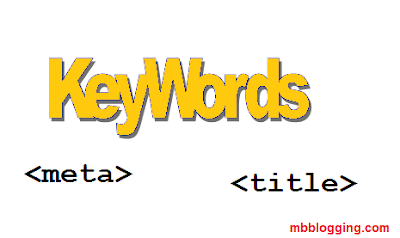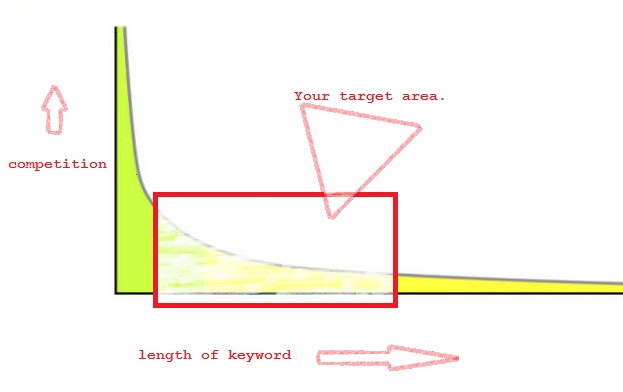On-page optimization is basically the steps taken on the page itself to boost your search engine ranking results. Proper uses of keywords, optimizing titles, URLs and meta tags and internal linking are some of the on-page optimization techniques that may enhance your search engine ranking. Lets discuss them in details.
 |
| Include keywords in posts and titles. |
Keyword Inclusion
Putting the correct keywords in your site's content is the basic mantra for on-site optimization. The practice of embedding keywords and phrases into your content such that it looks natural to the reader and don't give an impression of over-done (called 'keyword stuffing') is the best way of doing it. However, the content should be written for the readers and not for the Search Engines.The best practice is to write the complete post and then editing it accordingly to include the keywords.
Include your keyword in title and subtitle
Titles and sub-titles plays important role in enhancing your search engine ranking. Include keywords in your title and sub heading tags. Do not include your keyword more than once in your titles since it may look spam. Keep your titles short and up to the point. Don't just make it too long for the shake of fitting your keywords. Title should include your best keywords for which you wanna rank higher.
Include Keyword in the URL
The webpage's URL is one of the best way of optimizing your site. Keeping a short descriptive URL with a few keywords can give you some ranking upgrades. Try to make you URL descriptive so that the readers can guess the content on reading the URL only.
abc.com/125435
abc.com/on-page-optimization-techinque
The second URL clearly is describing the content you will find in that article. Moreover, you can put your best keyword in URLs.
Internal Linking
Internal linking is the best way to promoting your reader to other pages of your blogs. It ensures a better pages/visit and decreases your bounce rate. You try to keep indulging your reader by internal linking your post with other posts that somehow share the same label or are of the same category. The best way is providing a link to other post that is related to the current posts in between two paragraphs and at the end of the article. Internally link your content so that user has the access to the other part of the site related to what he is reading. However, linking should be done only when the contents are relevant.
Meta - tags
The meta-tags are much like summary of the complete posts that are read by the search engines but are not displayed. Usually webmasters put their best keywords in meta tags along with a short description of the complete article. Google shows this meta tag in search engine results for a search and keeping it precise and compact and putting some keywords is the best practice.
Do you know any other method to enhance your on-page content? Let us know in the comments.




































